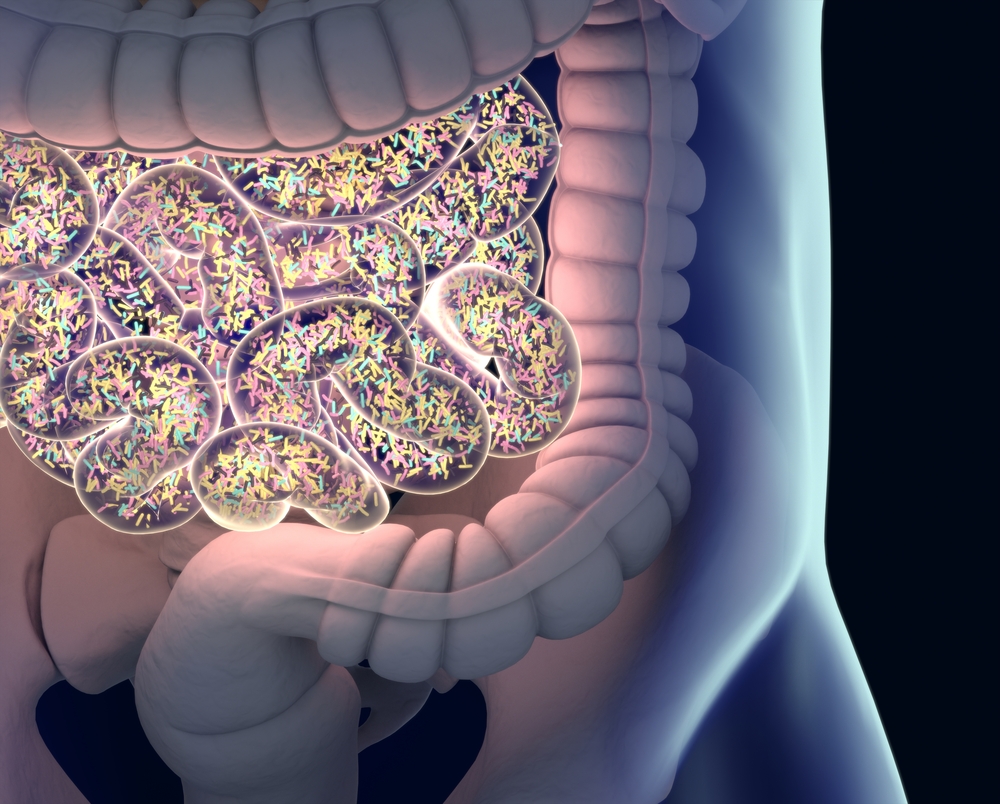Weight Loss, Other GI Symptoms, Common in FAP, Italian Study Finds

Gastrointestinal (GI) symptoms, particularly unintentional weight loss, occur frequently in people with hereditary transthyretin amyloidosis, also known as familial amyloid polyneuropathy (FAP), according to data from an Italian study.
Indeed, more than 80% of the patients in this study reported experiencing at least one GI symptom, a percentage well above the 59% average for people with FAP, the data show.
This finding adds to evidence that gastroenterologists can play an important role in FAP management — and that their expertise should be included for an effective holistic approach to treating the progressive genetic disorder, according to the researchers.
The study, “Gastrointestinal Manifestations in Hereditary Transthyretin Amyloidosis: a Single-Centre Experience,” was published in the Journal of Gastrointestinal and Liver Diseases.
Diagnosing FAP often is challenging for physicians due to the wide variability of its symptoms. Although many patients have nerve-related issues, such as numbness, tingling, or burning in the hands and feet, symptoms involving the heart, eyes, and gastrointestinal system also can occur.
GI symptoms sometimes precede those of the nervous system, and initial gastrointestinal complaints frequently include diarrhea, unintentional weight loss, constipation, or nausea. Despite these common symptoms, a GI-specific therapy has yet to be approved for FAP patients.
Now, researchers from the Fondazione Policlinico Universitario Agostino Gemelli, in Rome, and their colleagues assessed the prevalence of GI symptoms in FAP patients at their institution. The patients had diverse disease-causing mutations, the records showed.
Altogether, the team analyzed the medical records of 39 patients — 29 men and 10 women — with a mean age of 63.1 at the time FAP started. The mean length of time since their diagnosis was 82.4 months, or close to seven years.
Most of the patients (92.3%) showed signs of nerve damage (neuropathy). Half of them were at an earlier stage of the disease, with milder nerve impairments. Meanwhile, 33.3% were at an intermediate stage, and 16.6% were at a more advanced stage with more severe symptoms.
In all, 82.1% of the patients reported experiencing at least one GI symptom, which had occurred within five years of disease onset. This was above both the global average of 59% for these patients, as reported in the 2015 Transthyretin Amyloidosis Outcomes Survey, and the prevalence of 25–30% observed in the general population.
The most frequent complaint was unintentional weight loss (46.2%), followed by diarrhea (35.9%), abdominal bloating (28.2%), and alternating diarrhea and constipation (25.6%). Feeling full early was reported by 23.1%) of patients and constipation was a problem for 20.5%. Rarer symptoms consisted of nausea (12.8%), vomiting (10.3%), the inability to control bowel movements (7.7%), and abdominal pain (7.7%).
The only gender-related difference in symptoms appeared to be unintentional weight loss, which occurred more often in women than men (80% vs. 34.5%).
Several mutations in the transthyretin (TTR) gene can cause FAP and these appeared to influence the patterns of symptoms experienced by patients in this study.
A complete set of GI symptoms appeared within five years among all patients not carrying the Val30Met mutation. In contrast, among those with a Val30Met mutation, GI symptoms continued to develop for up to 10 years.
A variety of medications were given to patients to treat their GI symptoms. These included domperidone, loperamide, lactulose, octreotide, and nutritional supplements.
Notably, this is not the first study to argue for a better understanding of GI symptoms in FAP and for gastroenterologists to play a more active role in caring for these patients.






